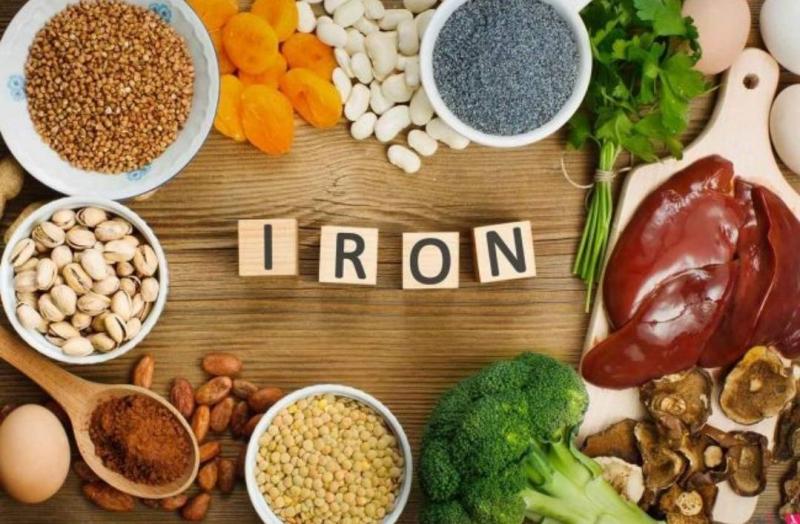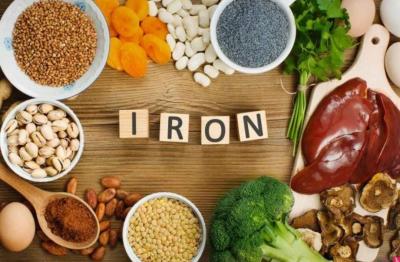A recent study found that high levels of iron in the blood can decrease lifespan, analyzing data from three genetic studies involving over a million individuals.
The lead author of the study, Dr. Paul Timers, an expert in human aging from the University of Edinburgh in the UK, stated, "Using genetics, we found multiple lines of evidence suggesting that poor control of blood iron levels is causally and directly linked to shorter lifespan and living fewer years in good health." It is noteworthy that the new study was published in the prestigious scientific journal Nature Communications. It assessed not only the age of participants but also the number of years they lived without chronic diseases. The researchers discovered that the body's metabolism of iron affects the healthy aging associated with aging.
In simple terms, the study authors indicated that individuals with high levels of iron in the blood are at an increased risk of premature death. One researcher noted that it is well known that iron deficiency can harm your health, but this is the first time researchers have investigated the damage that can result from excess amounts of normal iron levels in the human body. Experts also mentioned that this does not mean individuals should completely avoid meat and iron-rich foods, but their study suggests that people, especially as they age and those who have difficulty metabolizing iron, should have their levels checked regularly to manage their iron intake through diet.
According to the University of California, San Francisco, iron is an essential element for blood production, with about 70% of the body's iron found in red blood cells, called hemoglobin, which is crucial for transporting oxygen in the blood to the lungs. Iron also helps transport oxygen to the muscles. It is also important to note that the minimum daily iron requirement for adults is just 1.8 milligrams, which can be met by eating certain iron-rich foods as well as through dietary supplements.




